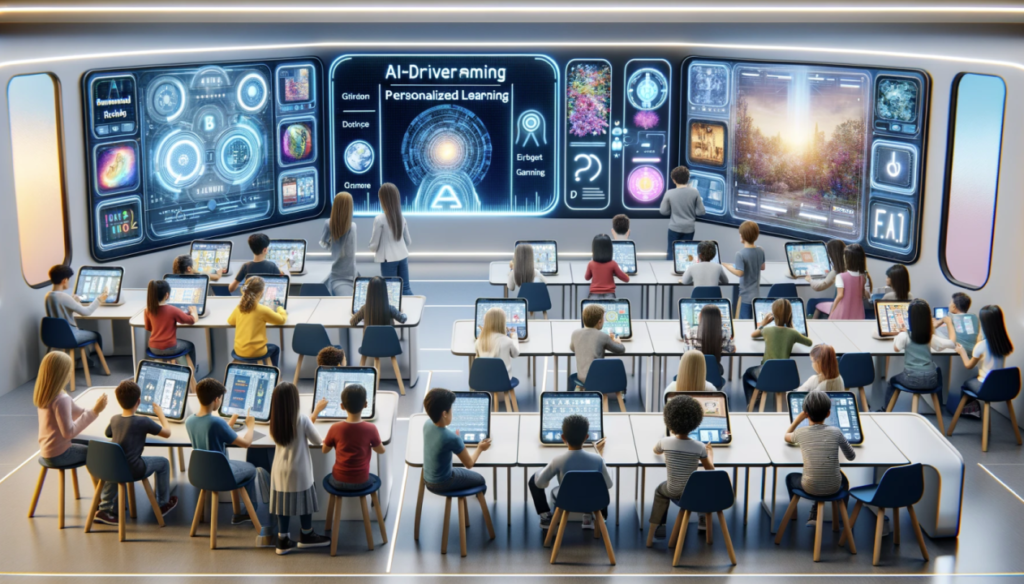The future of education is rapidly evolving, driven by advancements in technology that enable adaptive learning and personalized curricula. These innovations promise to revolutionize traditional teaching methods, catering to individual learning styles, abilities, and interests like never before.

Adaptive learning utilizes technology to create personalized learning experiences. By leveraging artificial intelligence (AI) and machine learning algorithms, adaptive learning platforms analyze student performance data in real-time. This data helps to identify each student’s strengths, weaknesses, and learning pace, allowing educators to tailor educational content and strategies accordingly. For instance, if a student excels in certain topics but struggles with others, adaptive systems can adjust the difficulty level or provide additional resources to support their learning journey.
Personalized curricula take customization a step further by allowing students to pursue subjects aligned with their interests and career aspirations. Rather than a one-size-fits-all approach, personalized learning enables students to choose from a variety of courses, projects, and learning paths tailored to their goals. This flexibility fosters engagement and motivation, as students see direct relevance and applicability of their education to their future endeavors.
Technology plays a pivotal role in enabling personalized curricula and adaptive learning. Educational platforms and tools provide interactive simulations, multimedia resources, and collaborative environments that enhance learning experiences beyond traditional classroom settings. Virtual reality (VR) and augmented reality (AR) further immerse students in interactive learning environments, bringing abstract concepts to life and enhancing understanding through experiential learning.
The benefits of adaptive learning and personalized curricula extend beyond academic achievement. These approaches promote inclusivity by accommodating diverse learning needs and styles, empowering students with disabilities or learning differences to thrive. Furthermore, personalized learning fosters critical thinking, problem-solving skills, and self-directed learning habits essential for success in the 21st-century workforce.
Educators are pivotal in implementing adaptive learning and personalized curricula effectively. Professional development programs equip teachers with the skills and knowledge to leverage technology tools, interpret student data insights, and design engaging learning experiences. Collaboration between educators, researchers, and technology developers ensures continuous improvement and innovation in educational practices.

Despite the transformative potential of adaptive learning and personalized curricula, challenges exist. Privacy concerns regarding student data collection and security must be addressed to protect confidentiality and maintain trust among students, parents, and educators. Additionally, equitable access to technology and digital resources is essential to ensure all students can benefit from personalized learning opportunities, regardless of socioeconomic background or geographical location.
Looking ahead, the future of education lies in adaptive learning systems and personalized curricula that empower learners, enhance educational outcomes, and prepare students for an increasingly complex and interconnected world. By embracing technological advancements responsibly and fostering a culture of innovation and collaboration, educators can shape a future where education is truly personalized, inclusive, and transformative.


